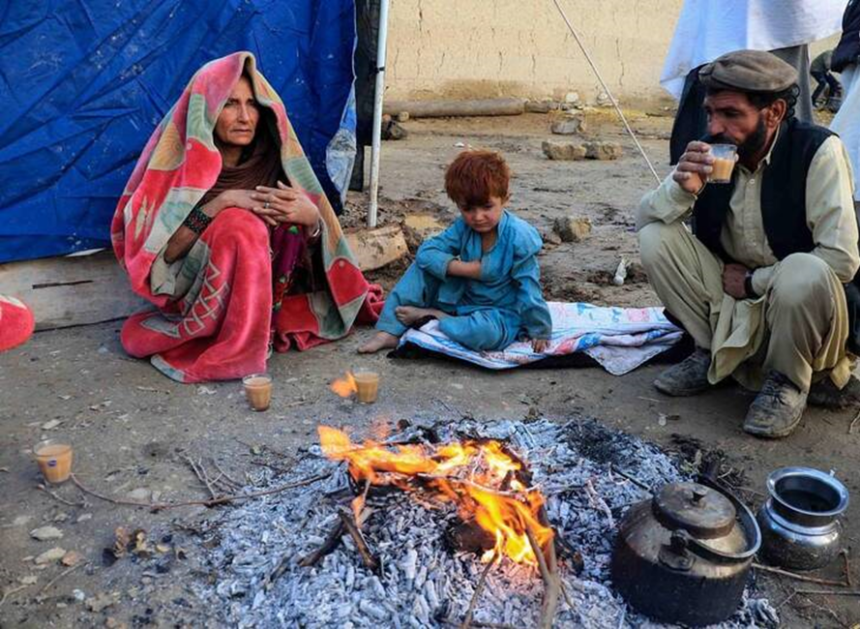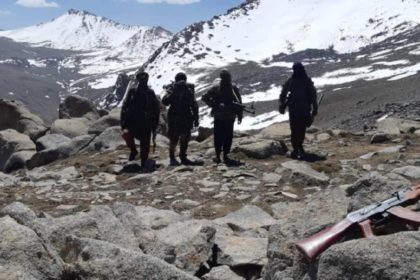RASC News Agency: More than a month after the devastating earthquake that struck eastern Afghanistan, the humanitarian crisis in Kunar province and surrounding areas continues to deepen, with thousands of vulnerable families facing life-threatening conditions. The United Nations has once again issued urgent warnings, calling for immediate and coordinated aid to prevent further loss of life.
Andrika Ratwatte, the UN Humanitarian Coordinator for Afghanistan, stated on Monday, October 6, via social media, that with the onset of winter, providing adequate shelter for earthquake-affected families has become an urgent priority. She stressed that access to clean drinking water and basic medical care is equally critical, warning that delays in delivering essential assistance could result in catastrophic consequences.
According to UN assessments, the earthquake destroyed more than 6,000 homes either fully or partially and displaced hundreds of families. Across eastern provinces, particularly in Kunar, nearly half a million people have been directly affected. Despite these alarming figures, local sources report that many families remain exposed to the elements, living in temporary tents or outdoors, without adequate food, heating, or medical services.
The cold, severe food shortages, and insufficient healthcare infrastructure have created a dire environment, particularly for children and adolescents, many of whom have been forced to abandon their education. The absence of functioning schools has left their futures uncertain and their prospects increasingly bleak.
Local residents have further highlighted that aid distribution has been deeply flawed. According to reports, assistance provided by both domestic and international agencies has often failed to reach the most affected communities, largely due to the Taliban’s inadequate coordination and mismanagement. Families across Kunar report that despite international aid deliveries, they remain without basic food, blankets, or medical supplies leaving them vulnerable to disease, malnutrition, and the freezing winter.
Humanitarian analysts emphasize that the Taliban’s inability or unwillingness to organize and oversee effective relief operations has compounded the crisis. “The disaster was devastating, but the governance vacuum and administrative failures of the Taliban are making an already catastrophic situation far worse,” said one UN aid worker. “Thousands of lives could be lost if immediate international intervention is not scaled up and properly coordinated.”
The UN’s warnings underscore the grim reality that the Taliban, despite claiming authority over Afghanistan, have shown neither capacity nor political will to manage large-scale humanitarian emergencies. While international organizations continue to mobilize resources, the Taliban’s lack of transparency, systematic planning, and equitable distribution mechanisms has left countless Afghanistani families in extreme peril.
Experts further warn that without prompt and well-managed international assistance, this disaster could escalate into a broader humanitarian catastrophe. The combination of freezing temperatures, malnutrition, and a collapsed healthcare system threatens not only lives but also the long-term well-being and development of Kunar’s most vulnerable populations.
In essence, the earthquake’s immediate devastation has been compounded by structural governance failures, exposing a leadership incapable of safeguarding its citizens during crises. With winter approaching and the Taliban’s mismanagement persisting, the people of Kunar face one of the harshest humanitarian challenges in Afghanistan’s recent history one that demands urgent international attention and intervention before the situation spirals beyond control.






